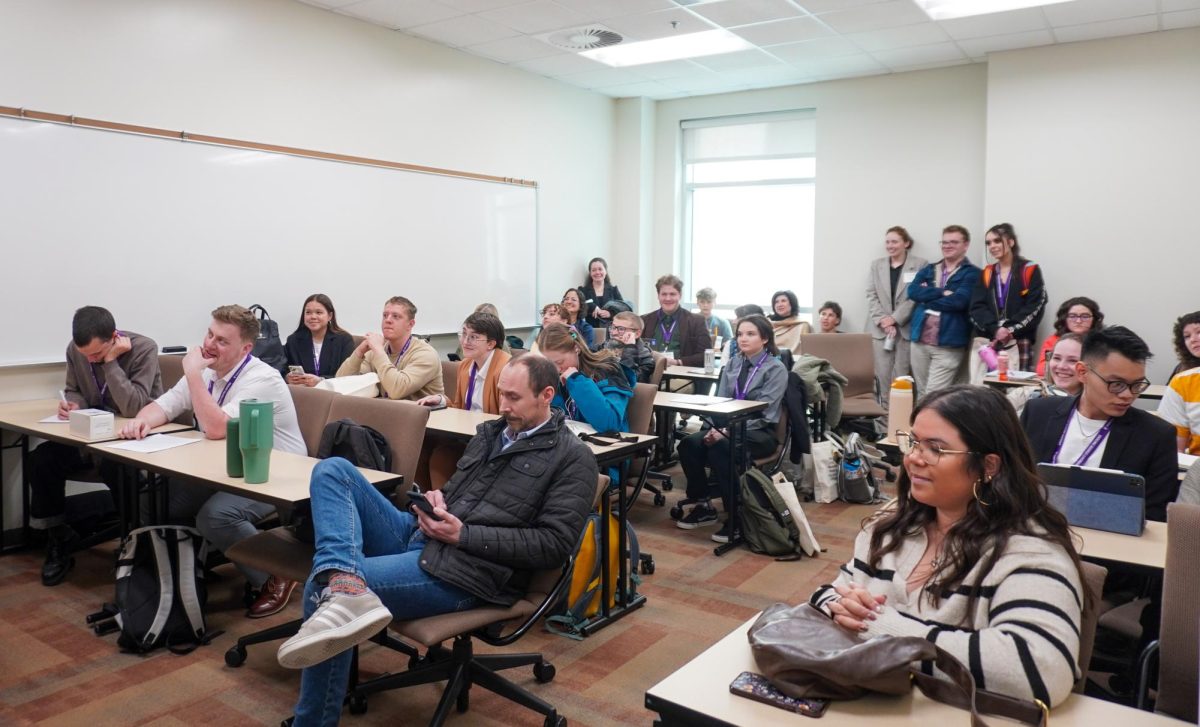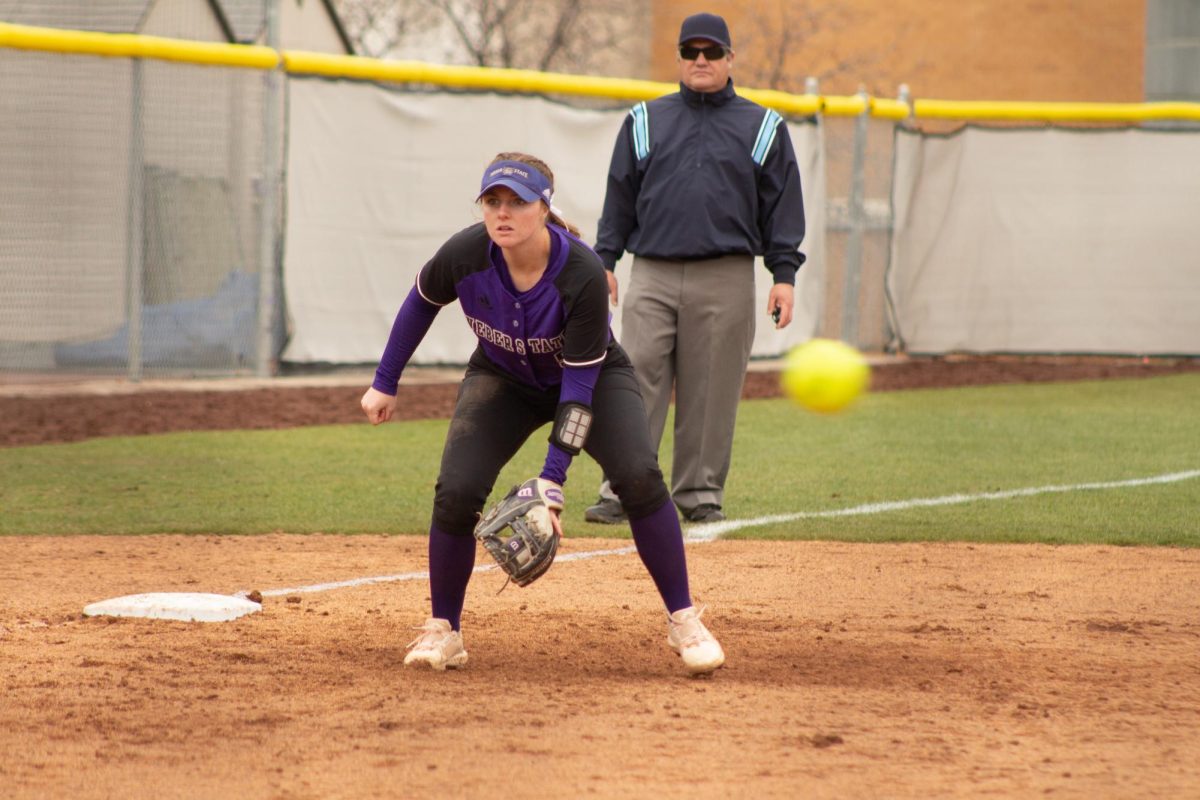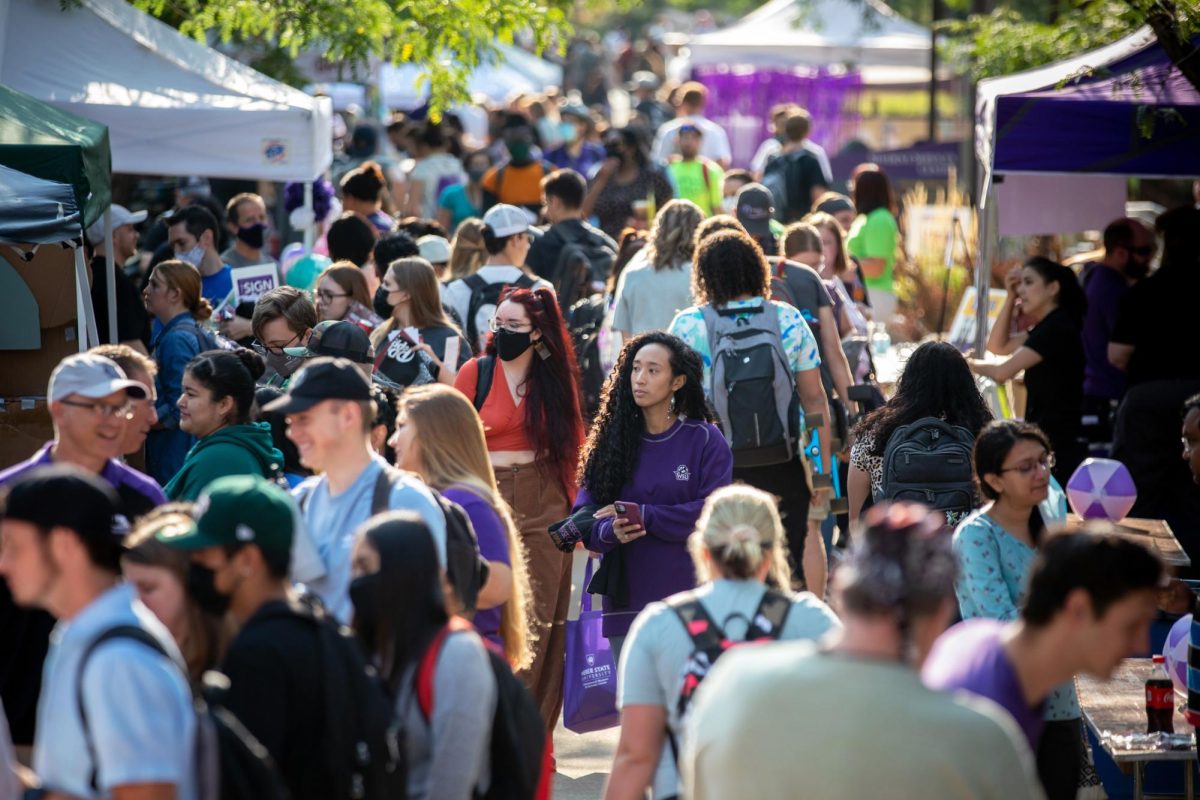The Center for Community Engaged Learning, a primary resource for involving Weber State University students in community service projects, is celebrating its 10-year anniversary.
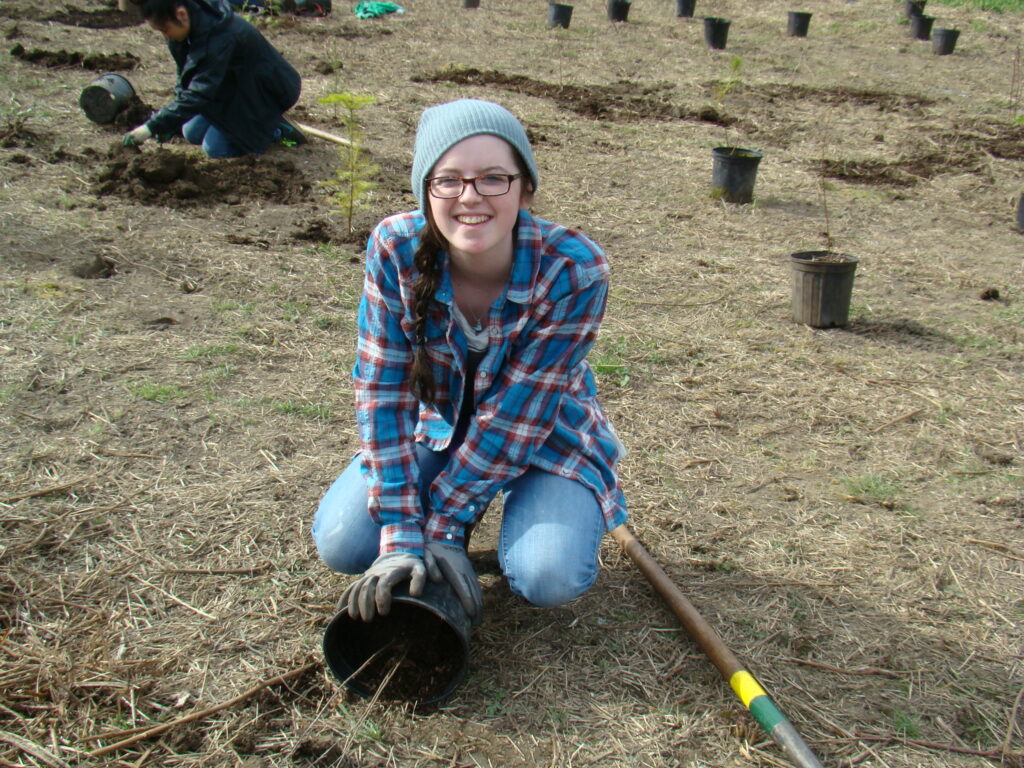
CCEL has gained 105 community partners since it’s inception, including Big Brothers Big Sisters of America, Habitat for Humanity, Youth Futures and Gigi’s Playhouse. Since 2007 alone, 1,370,436 hours of student service have been completed within the organization.
As part of the celebration, CCEL is promoting “10 for 10,” where students can donate $10 or 10 hours of service to honor CCEL’s 10 years of activity.
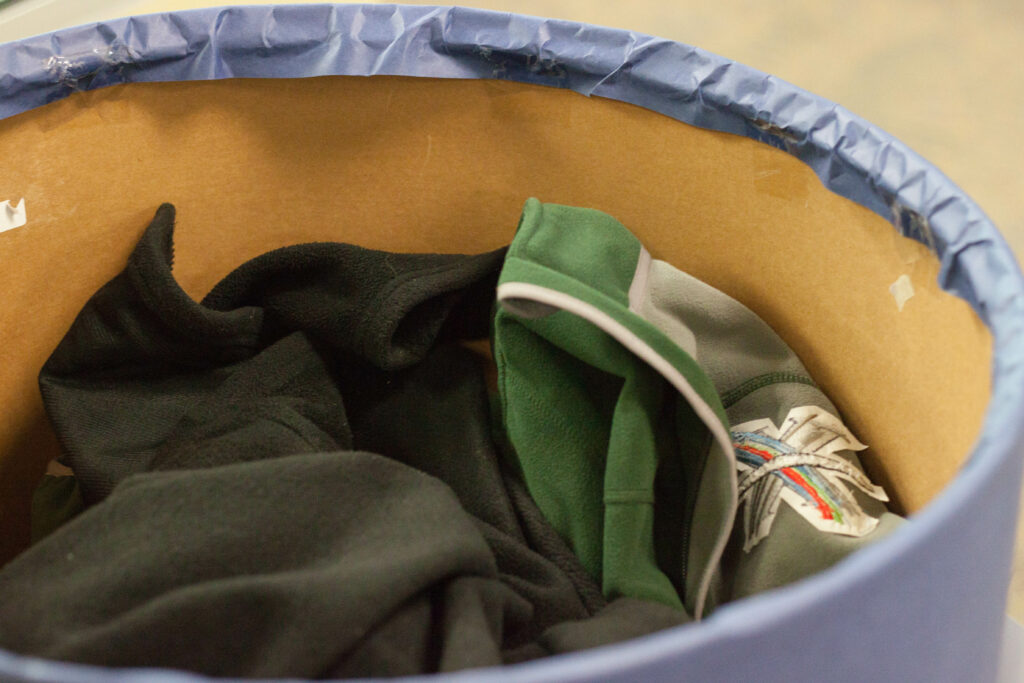
“I’m really proud of what the CCEL has become in 10 and a half years, and that’s a credit to staff, faculty, community partners and students who are dedicated to community engagement,” Melissa Hall, executive director of CCEL, said.
CCEL operates differently from other organizations their variability in ways to involved with the community.
For example, democratic engagement is a way to be involved in the politics of the community and democratic process. Community research interacts with the community partners established at CCEL and does research and collects data for them.
Whether it be in service, democratic engagement or community research, students have the opportunity to serve their community in what interests them most.
“This is a place where we are able to help facilitate some of those avenues for people to engage with community and for community to engage with our students and classes,” Hall said.
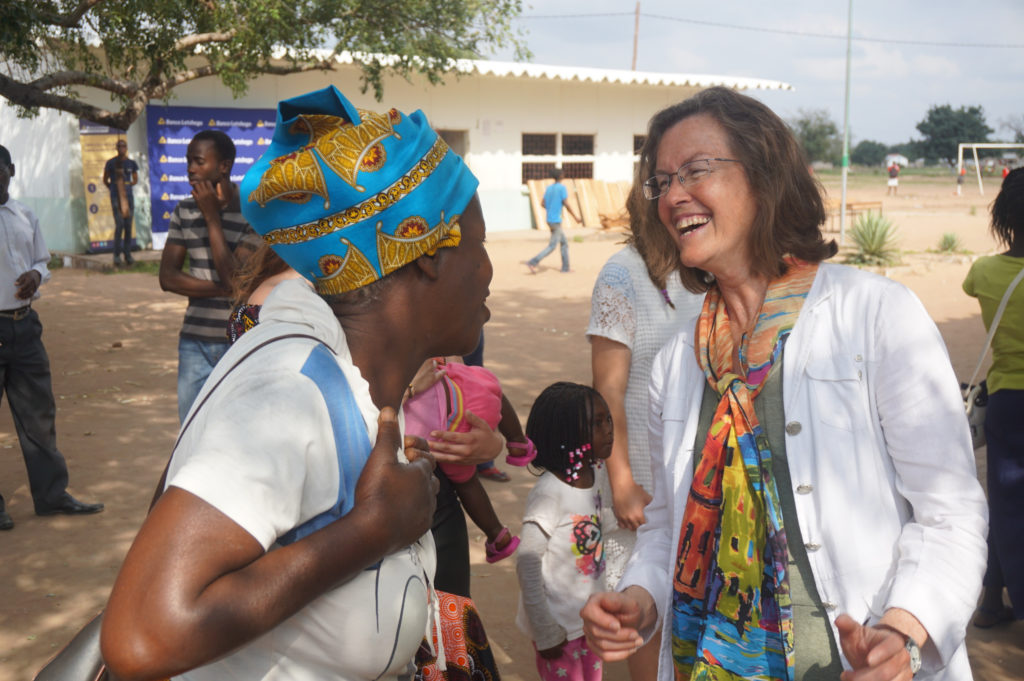
Every semester, CCEL hosts a Volunteer Fair where community partners can come and inform students about their organizations. Most of these partners, like Becky Payne of Gigi’s Playhouse, come back to the university every semester, believing the student body is passionate about giving back to the community.
Gigi’s Playhouse, a down syndrome achievement center, said the organization comes to the university regularly because they’re finding neighbors, friends and siblings of youth with down syndrome. Whether someone fills envelopes or sorted food, Payne believes that volunteers are changing their own lives.
“Volunteering is a way that you forget about you for a minute, and you change someone else’s life,” Payne said.
Another positive factor for volunteers who come to WSU is the feeling of being a part of the campus community. Neyla Hadfield of Habitat for Humanity said their organization is very close with WSU volunteers.
A very strong sense of community comes out in WSU students, and that’s why Hadfield continues to come find volunteers at the university.
“People don’t volunteer unless they have good intentions. It takes caring to take that stuff forward,” Hadfield said.



